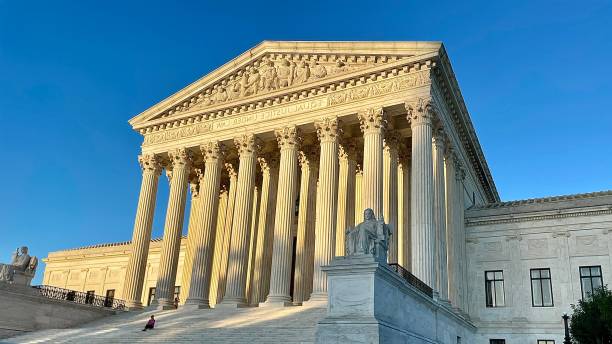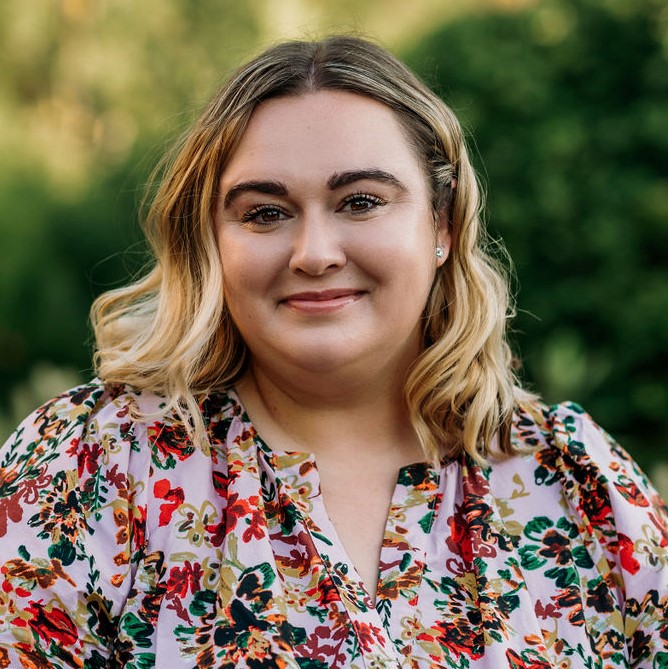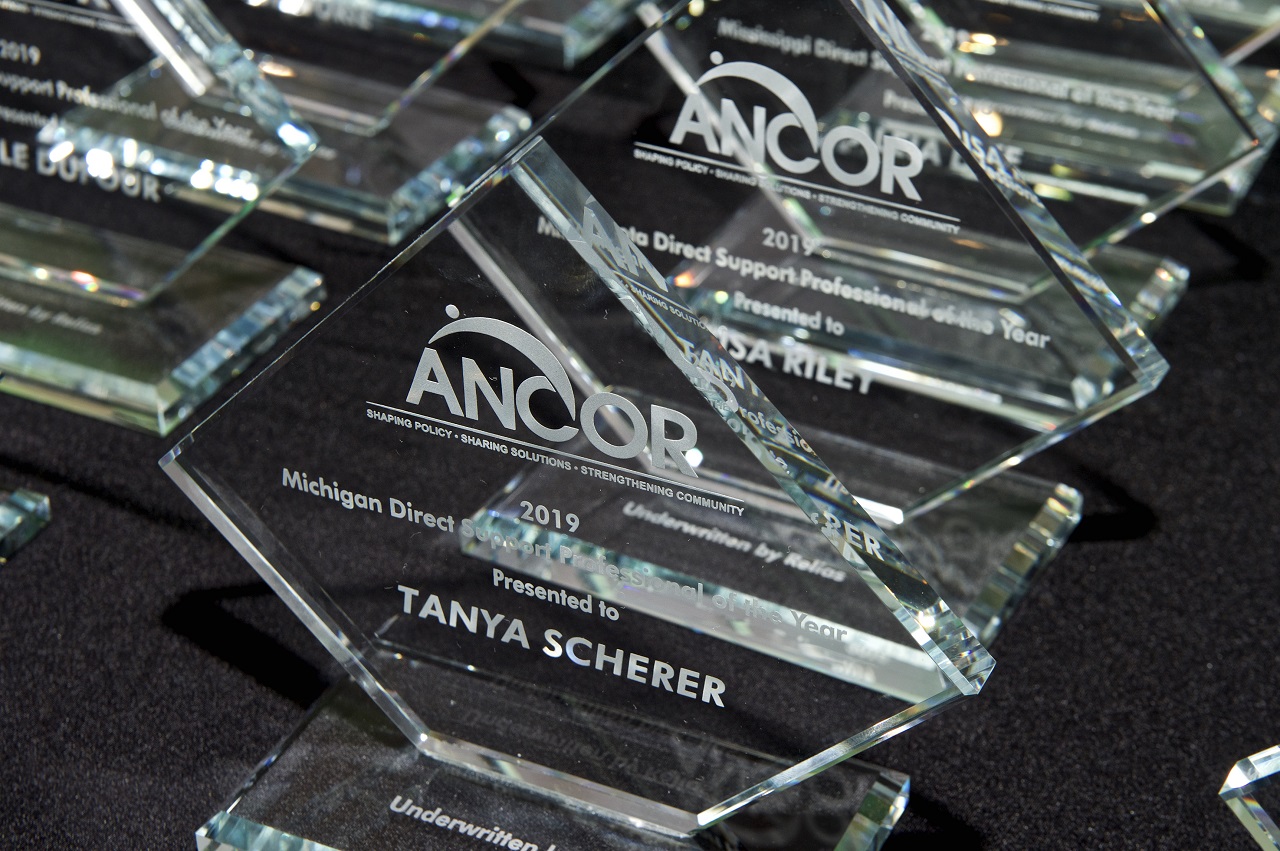Connections - 07.01.24
Celebrating Olmstead, and Acknowledging Work That Still Needs to Be Done

Share this page
Stay Informed on the Latest Research & Analysis from ANCOR
More News
Capitol Correspondence - 04.01.25
HHS Announces Sweeping Reorganization, Impacting Key Health Agencies and Services for People with Disabilities

Capitol Correspondence - 04.01.25


